Blockchain is not only powering the fast-growing cryptocurrency industry but also reshaping traditional finance. One of the most promising blockchain use cases in finance is the issuance and trading of digital securities.
In this guide, you will discover what digital securities are and what potential they hold to improve capital markets efficiency and liquidity.
What Are Digital Securities?
Digital securities, also known as tokenized securities or security tokens, are financial securities that are digitally represented on a blockchain. While residing on a decentralized network, they are still in the purview of traditional securities laws.
To understand digital securities, we should start by defining what securities are in the first place. Financial securities are fungible and tradable financial instruments used to raise funds in private and public markets.
Traditionally, there have been three main types of securities:
equity (such as stakes in private companies or stock in public companies); debt (such as bonds); and hybrid, which combines the attributes of equity and bonds (such as convertible bonds and preferred stock). Financial derivatives, including options and futures, are also regarded as securities. Thus, while commodities are not securities, commodity-based derivatives (like oil, gold and bitcoin futures) are considered securities.
In recent years, the trend of digitalization has accelerated, with investors monitoring the rapid growth of crypto sectors like decentralized finance (DeFi) and non-fungible tokens (NFTs). Nevertheless, traditional securities markets are also trialing and adopting the technology.
The securities market is huge, and the dematerialization of equity, bonds, and derivatives is only starting and will likely accelerate in the coming years.
As of 2021, data from the Securities Industry and Financial Market Association (SIFMA) shows that the size of the global bond market (total debt outstanding) is at $119 trillion. Elsewhere, the size of the global stock markets was worth about $90 trillion in 2020, while the total assets under management (AUM) across private equity markets reached an all-time high of $7.4 trillion as per a recent McKinsey report.
While blockchain might become the underlying infrastructure for all securities within the next decades, the immediate winners are private equity markets, which deal with a lack of liquidity.
Types of Digital Securities
The diversity of digital securities pertains to the variety of traditional securities. Today, we can distinguish four main types of digital securities:
Equity – digital securities representing equity provide ownership rights to particular assets, whether it’s about a stake in a private firm or a company share. This is the most popular type of security tokens as of today. Bond – by holding bond security tokens, investors can have a fixed income over a predetermined time period, while issuers can raise capital in a more convenient way. Real estate – while a property is not considered a security per se, real estate-related assets, such as equity or debt, are securities. Blockchain can be used to tokenize a real-world property, in which case the resulting digital tokens will represent fractions of ownership and thus can be treated as digital securities. The technology can also be used to tokenize debt assets, such as rent. Commodity – digital securities can represent commodity-related assets, such as gold and oil futures. Note that digital securities are not the same as synthetic assets, which are popularized by DeFi projects like Synthetix, Abra, and Universal Market Access (UMA). Synths are mostly speculative tokenized investment products, while digital securities are regulated securities that reside on blockchain.
Digital vs. Traditional Securities
Digital securities have the same attributes as traditional securities in terms of their legal status.
Still, they are more flexible, faster, and easier to handle. Think about the difference between digital files and paper documents – a similar gap can be determined between digital versus traditional securities.
Even today, issuing securities is a cumbersome process, as it requires much time, money, and effort spent for what is mostly a manual and paper-based system. Elsewhere, the cost of issuance of digital securities is much lower, as the process is more straightforward and convenient.
Thanks to blockchain, digital securities are more accessible, transparent, flexible, and liquid.
How Will Digital Securities Impact Capital Raising?
The capital raising landscape is poised to improve thanks to digital securities. Venture capital (VC) is currently one of the most popular use cases of digital securities, and many businesses choose to hold so-called security token offerings (STOs), which represent a convenient fundraising mechanism that can attract VC firms and individual investors from all over the world.
Digital securities remove many of the frictions that have been hindering the smooth transfer of private alternative assets, as they provide greater efficiency, opportunity, and liquidity to both issuers and investors.
Blockchain enables any entity, whether public or private, to tokenize any type of security. Digital securities are run by smart contracts in a trustless manner. The resulting digital units are then pegged to the real-world value through oracles, which are special programs that connect blockchain applications with real-world data.
Currently, capital-raising processes involve high costs for issuers. Thanks to STOs, many processes are automated and more affordable, while issuers can fractionalize even the most illiquid assets.
Jay Clayton, former Chair of the US Securities and Exchange Commission (SEC), was cited in a Deloitte report as saying:
“Our exchanges have gone electronic. Every trade you do, if you call your broker and say, I want this, it gets routed through an electronic, an algorithm executed electronically. That was not the case 20 years ago. It may very well be the case that just as you had stock certificates and now you have entries, digital entries for representing stock. It may be very well the case that [stocks] all become tokenized.” How Will Digital Securities Impact Liquidity?
The promise of borderless liquidity is probably the most valuable feature of digital securities.
Thanks to fractionalization, digital securities can represent even the most illiquid assets, such as real estate and art. They can be traded on global digital securities exchanges and marketplaces, which has been unachievable for privately held traditional securities.
Investors from all over the world can buy, sell and trade digital securities based on their eligibility.
Funds that provide digital securities can let investors exit the market without a painful process that involves boards, accountants, and lawyers. For instance, SPiCE VC, a digitized VC fund, issued digital securities to its investors. With typical VC funds, investors may expect to have their funds locked up for ten years with an onerous exit process before the expiration date. However, with SPiCE VC, investors can trade their digital securities on global secondary markets as soon as regulations allow (US regulations require a one-year lockup of funds).
Algorand: A Home for Digital Securities
Companies using Algorand for their tokenization processes benefit from the blockchain’s Layer-1 solution that represents a secure, unforkable chain with a high speed and unique functionality.
For example, digital security issuers can customize their assets to comply with the rules of certain jurisdictions. Algorand delivers a Role-Based Asset Control (RBAC), which enables the following functions:
Quarantine asset accounts for investigative purposes; Force transfer an asset where legal or other regulations require it; Whitelist model for privileged asset transacting, which lets only approved addresses to transact within a specific asset (all others will be restricted); Real-world asset documentation embedded in on-chain asset definition. Algorand has partnered with Securitize, one of the main players in the digital securities landscape. Thanks to the partnership, Securitize’s platform-agnostic DS Protocol is now supported on the Algorand blockchain, giving issuers using Securitize a high-performance blockchain option for issuing, trading, and performing corporate actions related to digital securities. Securitize provides a demo video description explaining how to create and manage digital securities on Algorand.
What’s more, Israel-based Simetria partnered with Algorand to build its next-generation digital securities exchange.
Ziv Keinan, Simetria’s Founder and CEO, commented:
“We are excited to be working with Algorand to execute on our vision at Simetria and look forward to how our collective efforts will result in huge potential in the digital securities space. Private companies will soon be able to list digital securities for trade on Simetria’s platform to gain liquidity and raise capital.” Thanks to its unique features and advanced security, Algorand is poised to become one of the main players in the emerging trend of digital securities.
https://www.algorand.com/resources/blog/digital-securities-guide-for-enterprises
[link] [comments]

You can get bonuses upto $100 FREE BONUS when you:
💰 Install these recommended apps:
💲 SocialGood - 100% Crypto Back on Everyday Shopping
💲 xPortal - The DeFi For The Next Billion
💲 CryptoTab Browser - Lightweight, fast, and ready to mine!
💰 Register on these recommended exchanges:
🟡 Binance🟡 Bitfinex🟡 Bitmart🟡 Bittrex🟡 Bitget
🟡 CoinEx🟡 Crypto.com🟡 Gate.io🟡 Huobi🟡 Kucoin.



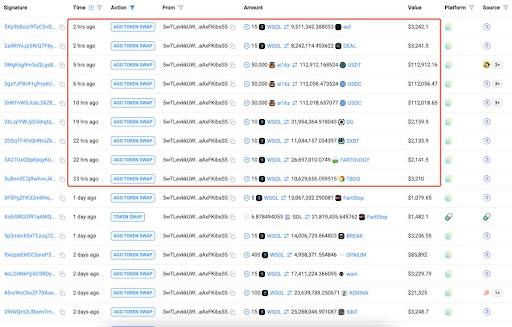
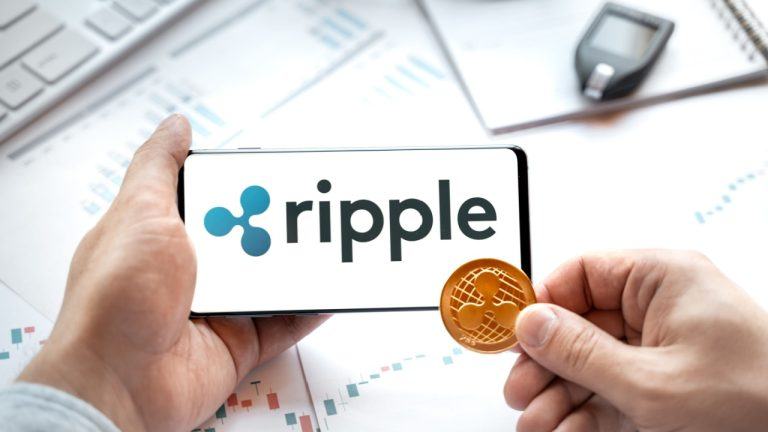

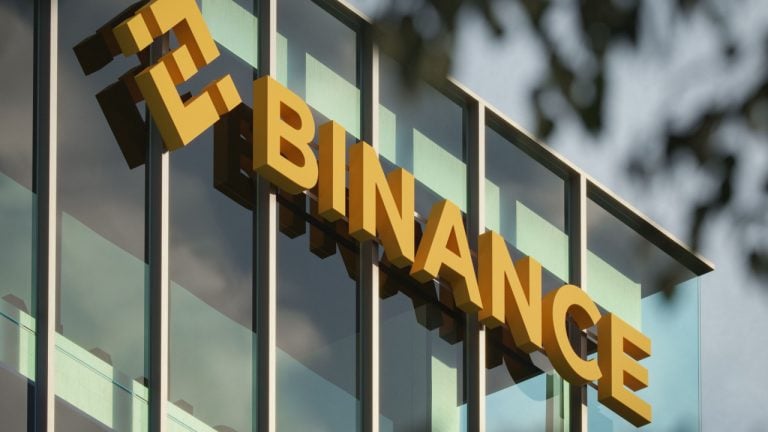




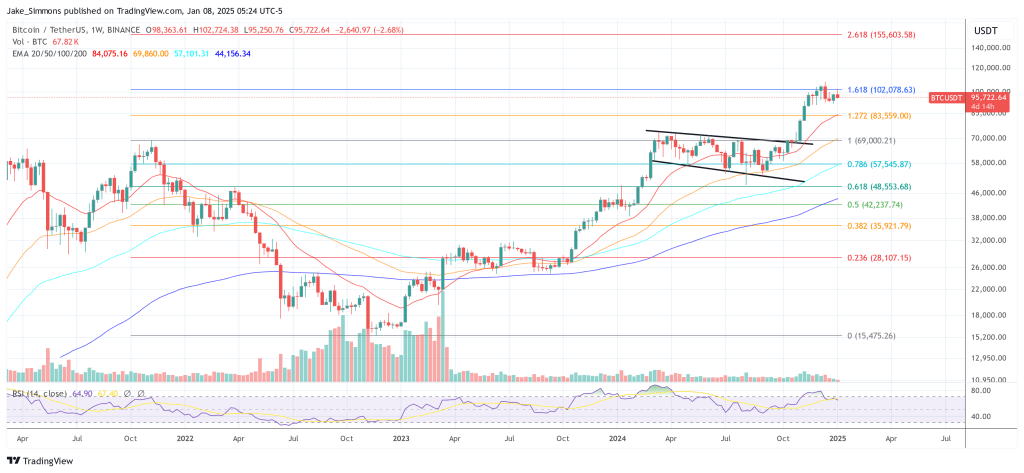

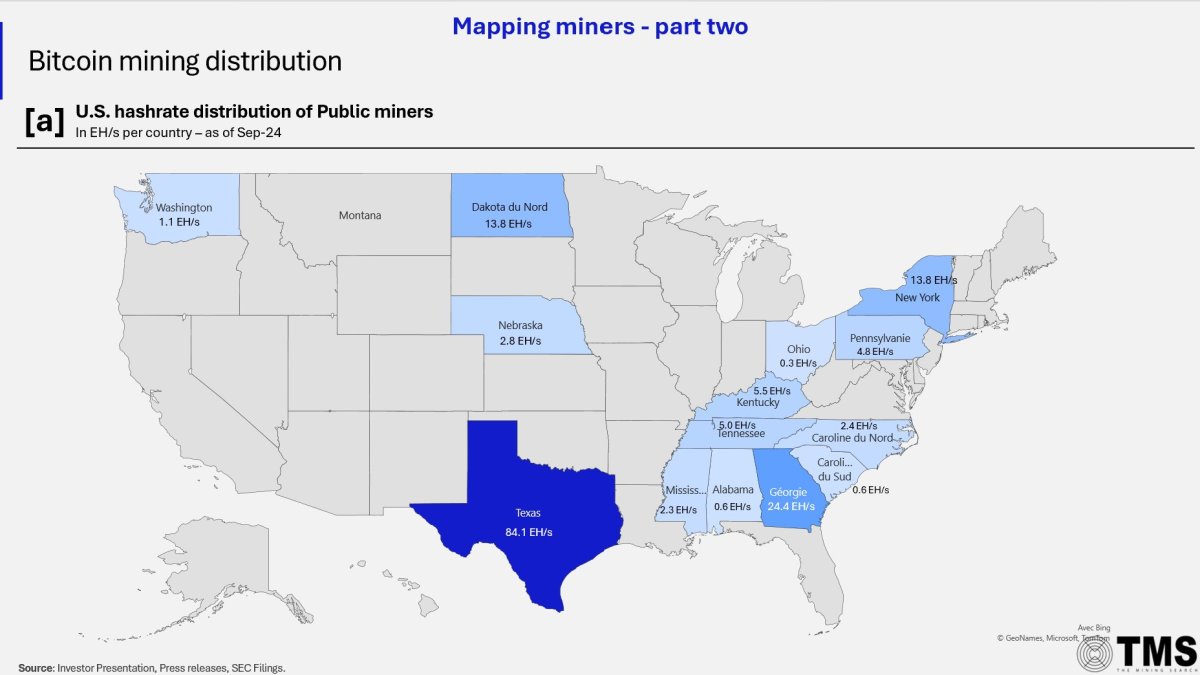






Comments